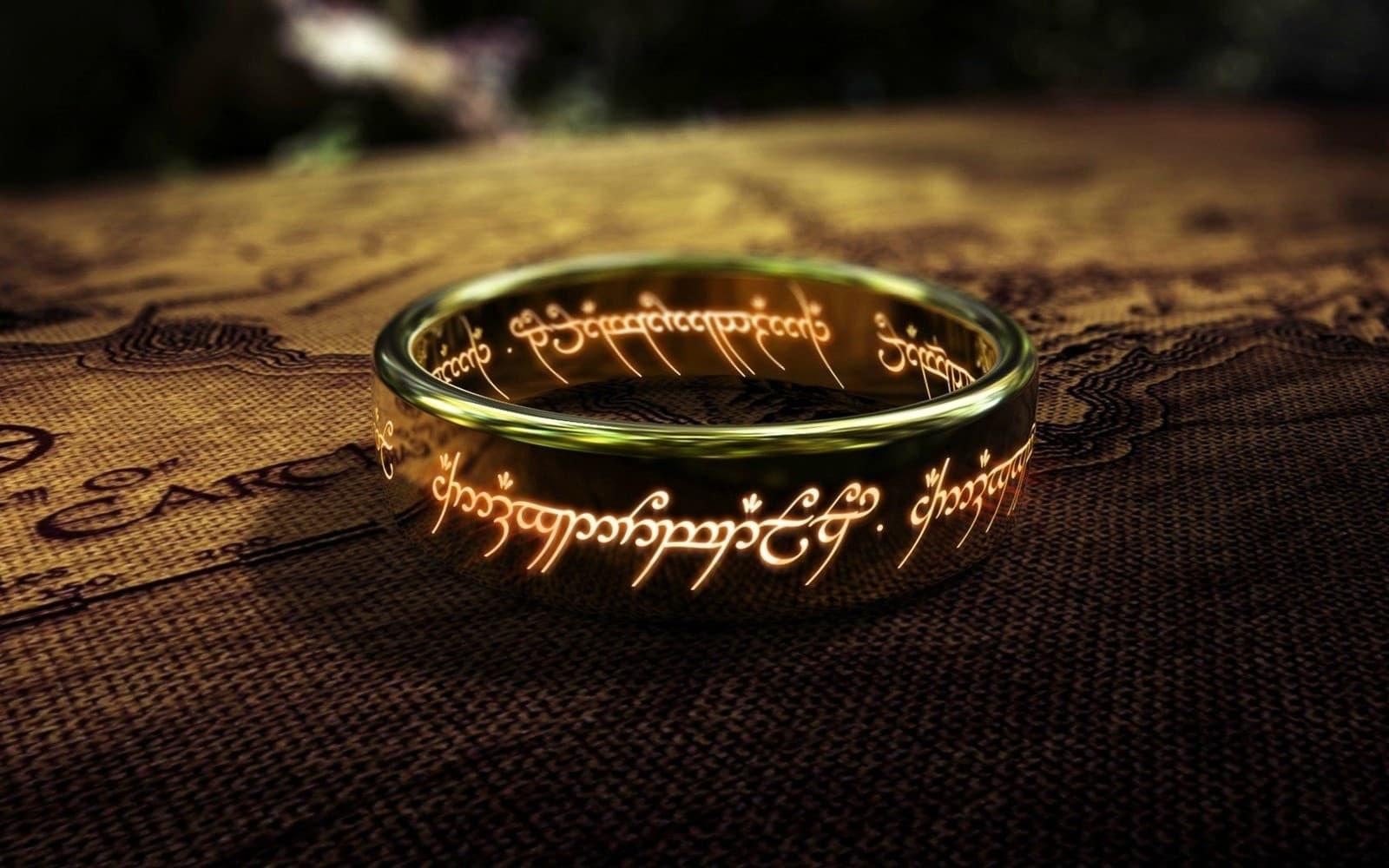What makes a good Lord of the Rings video game?

J.R.R. Tolkien’s Lord of the Rings saga is one of the world’s greatest stories, and certainly one of the most influential. Simply put, anything produced within the “fantasy” genre — be it movies, video games, role-playing games, or other novels — exists within the Lord of the Rings’ shadow. So where, asks Kotaku’s Evan Maier-Zucchino, are all of the good Lord of the Rings video games?
With the forthcoming Lord of the Rings streaming series from Amazon, we may be looking at a resurgence in popularity for the franchise, and thus more video games. It feels like a good time to look back on the franchise’s inconsistent history with video games, and consider whether the game industry has been approaching these adaptations the wrong way.
Maier-Zucchino offers a broad overview of the numerous games that have been released under the Lord of the Rings banner, from the text-based Hobbit adventure game (released way back in 1982) to the numerous games that were released in the years surrounding Peter Jackson’s acclaimed film trilogy to more recent ones like Middle-Earth: Shadow of Mordor.
I was particularly pleased to see him mention The Lord of the Rings: The Third Age, which I spent many hours playing back in 2004 and 2005. In The Third Age, you control a group of characters that serve as counterparts to the Fellowship of the Ring, and as such, find yourself involved in various climactic scenes from Jackson’s movies (but not the books, because publisher EA Games only had the rights to adapt the movies). At one point, you help Gandalf battle the Balrog and later, you even square off against the Eye of Sauron. Which was kind of cool in a geeky way, but also pretty silly from a thematic point of view.
As Maier-Zucchino points out, the vast majority of Lord of the Rings games place a heavy emphasis on combat even though that wasn’t the main point of Tolkien’s novels (emphasis mine):
One interesting thing to note about almost all the recent Lord of the Rings games is how focused they are on combat. This fixation on fighting is somewhat disconcerting, given that actual battle scenes in the books are described with brevity. More time is devoted to showing the Fellowship struggle with hunger and harsh environments than to their gruesome battles with orcs and trolls. Violence and war are aspects of Tolkien’s world, but they are never the focus. In most video games, however, combat is the primary avenue through which players engage with the world.
I agree. Which is why I’ve always thought that a game focusing on the Dúnedain that was set long before the events of the Lord of the Rings (though not in a prequel-y sort of way) could have potential.
If you’re not up on your Tolkien legendarium, the Dúnedain were the remnants of Númenor, an island kingdom that the Valar gifted to mankind for their help in defeating Morgoth in the First Age of Middle-earth. (This takes place over 6,000 years before the events of The Hobbit.) Númenor eventually became one of the world’s most powerful kingdoms, but with that came arrogance and moral decay. The Númenoreans were eventually seduced by Sauron, who promised them immortality if they abandoned the Valar and began worshipping Morgoth.
When the Númenoreans eventually declared war on the Valar, Ilúvatar (Tolkien’s creator god) destroyed Númenor by sinking it à la Atlantis. However, a handful of Númenoreans remained faithful and escaped their home’s destruction. They arrived on the shores of Middle-earth and established the kingdoms of Gondor and Arnor, and fought alongside the elves against Sauron at the end of the Second Age of Middle-earth. (If you want to know what I’m talking about, just watch the prologue to Jackson’s Fellowship of the Ring.)
So what does this have to do with a Lord of the Rings video game? While a Dúnedain-focused game would have plenty of combat and stealth (many Dúnedain eventually became Rangers who patrolled the borders and waged secret war against Sauron’s forces), there could also be exploration (as the Dúnedain explore their new home), politics and diplomacy (as they establish new kingdoms and forge new alliances with elves and dwarves), and even discovery and introspection (as they seek to recover and redeem their Númenorean legacy and culture).
Since much of the Dúnedains’ story occurs millennia before the events of The Hobbit and Lord of the Rings, there’s plenty of wide open space in which to play. This would also dovetail nicely with Amazon’s Lord of the Rings series, which is reportedly set during the Second Age. (Corporate synergy for the win!)
But perhaps most importantly, such a game could be suffused with the sort of elegiac melancholy that’s so unique to Tolkien’s writings, and imbues them with so much emotional and thematic power; a melancholy that arises as a result of mourning the fading of glory, an understanding of evil’s corrupting influence, and the tragic necessity of war against such evil — all things that the Númenoreans’ would be poignantly aware of, and could be quite affecting for gamers.